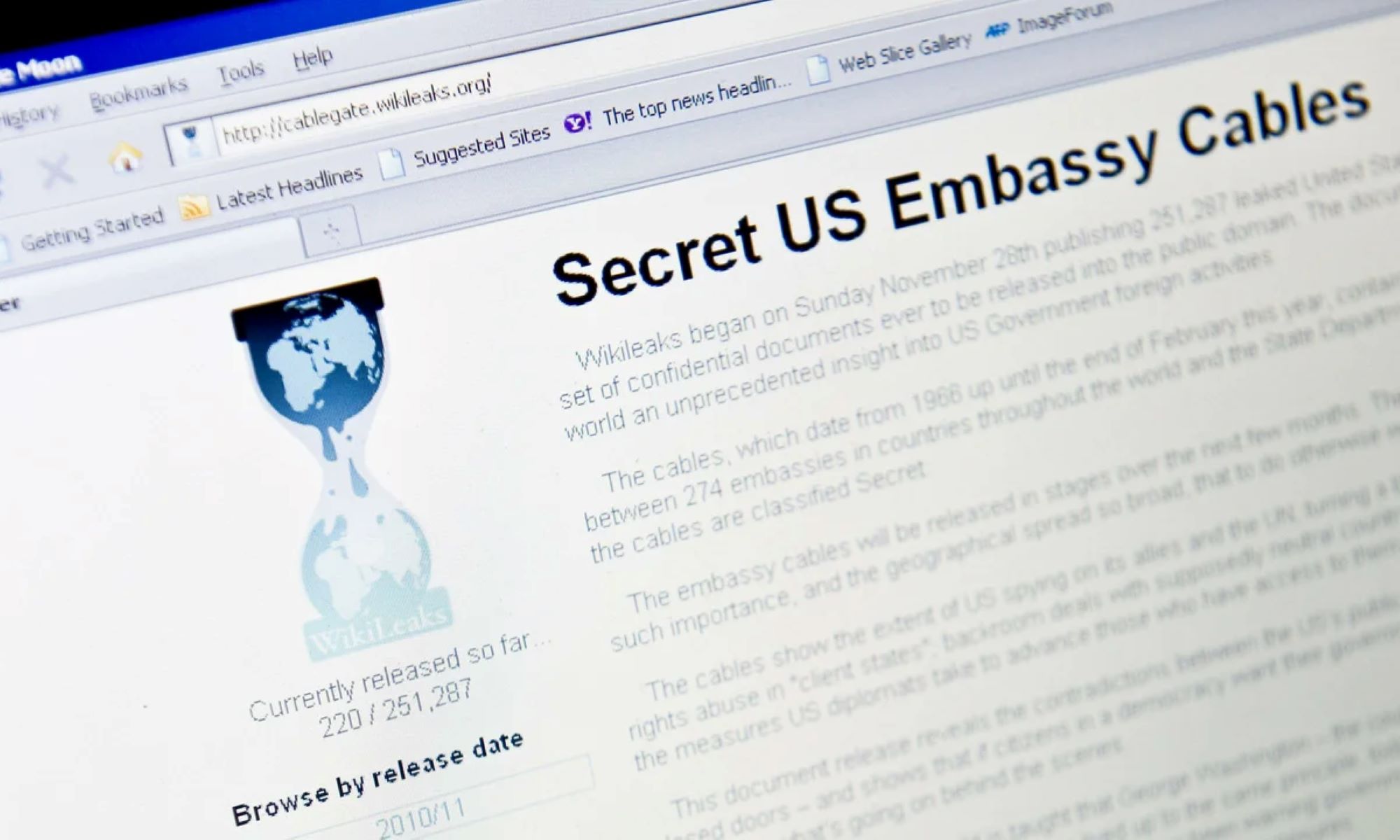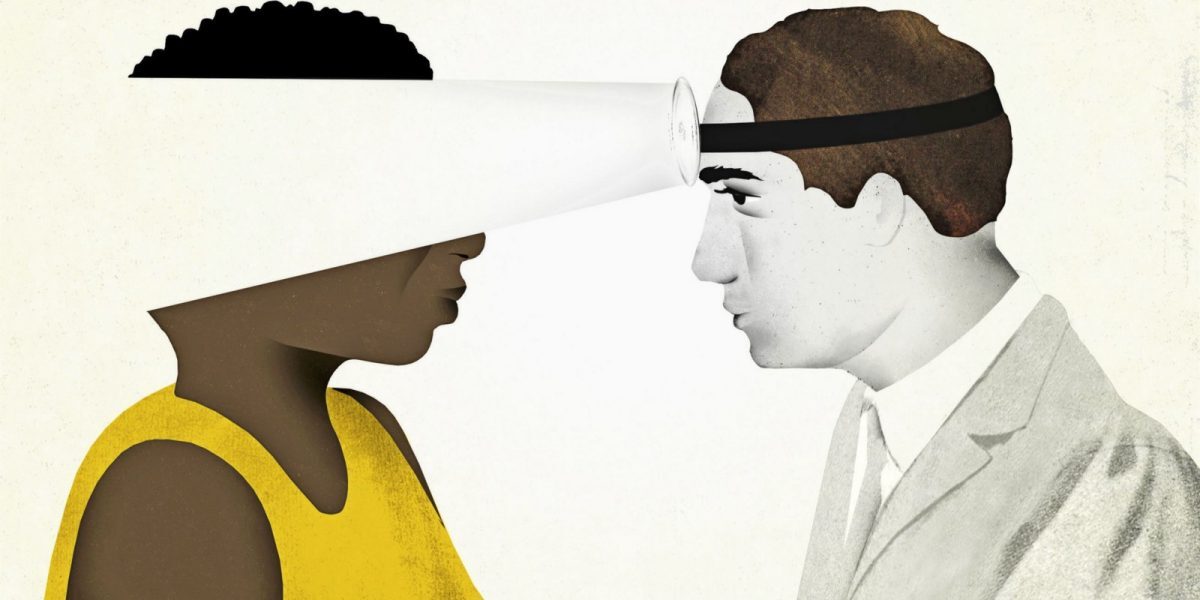
What is Cablegate? Cablegate, also known as WikiLeaks Cablegate, was a massive leak of confidential U.S. diplomatic cables by WikiLeaks. These cables, sent by U.S. diplomats worldwide, revealed the inner workings of U.S. foreign policy and international relations. Who was behind the leaks? Chelsea Manning, a U.S. Army intelligence analyst, downloaded and handed over the cables to WikiLeaks founder Julian Assange in 2010. When did the leaks occur? WikiLeaks began releasing the cables on November 28, 2010. Why is Cablegate significant? It exposed the hidden aspects of diplomacy, sparking debates on transparency, security, and the role of whistleblowers.
What is Cablegate?
Cablegate, also known as WikiLeaks Cablegate, was a groundbreaking event in journalism and international relations. It involved the release of a vast number of confidential diplomatic cables by WikiLeaks. These cables, sent by U.S. diplomats worldwide, provided a rare glimpse into the inner workings of U.S. foreign policy and global politics.
-
Origin of the Leaks
Chelsea Manning, a U.S. Army intelligence analyst, was the source of the leaks. Manning accessed classified information, downloaded the cables from a U.S. Department of Defense computer system, and transferred them to a CD. She handed these over to WikiLeaks founder Julian Assange in May 2010. -
Scope of the Leaks
The leaked cables covered a period from 1966 to 2010, totaling over 250,000 documents. These documents touched on various topics, including U.S. relations with different countries, diplomatic strategies, and internal U.S. government deliberations.
Release and Impact of the Cables
The release of these cables had far-reaching consequences, affecting international relations and sparking debates about transparency and security.
-
Release of the Cables
WikiLeaks began releasing the cables on November 28, 2010. The initial release included 400 cables, with subsequent releases continuing over several months. The final batch was published in March 2011. -
Impact on International Relations
The release had significant implications for international relations. Many countries felt their diplomatic secrets were compromised, leading to strained relations with the U.S. and among themselves. For instance, the cables revealed U.S. pressure on countries to adopt policies favorable to U.S. interests, leading to accusations of interference.
Reactions and Legal Consequences
Governments and legal systems worldwide reacted strongly to the leaks, leading to significant legal consequences for those involved.
-
Reactions from Governments
Governments worldwide reacted with varying degrees of outrage and concern. Countries like China and Russia used the leaks to criticize U.S. foreign policy, while others like Germany and France worried about the potential damage to their diplomatic relationships with the U.S. -
Legal Consequences
The leaks led to significant legal consequences. Chelsea Manning was arrested in May 2010, convicted of espionage and other charges, and sentenced to 35 years in prison. She was released in 2017 after serving seven years. Julian Assange, who had been living in Ecuadorian diplomatic asylum in London since 2012, was arrested in April 2019 and charged with conspiracy related to the leaks.
Media Coverage and Public Interest
The media played a crucial role in disseminating the information, and the public's reaction was mixed.
-
Media Coverage
The Cablegate leaks received extensive media coverage worldwide. Major news organizations like The New York Times, The Guardian, and Der Spiegel collaborated with WikiLeaks to analyze and publish the cables. This collaboration highlighted the importance of investigative journalism. -
Public Interest
The leaks sparked a global debate about transparency and accountability in government. Many saw the release as a victory for transparency and democracy, while others argued it compromised national security and diplomatic relations.
Technological and Ethical Considerations
The incident showcased the power of digital technology and raised complex ethical questions.
-
Technological Aspects
The leaks showcased the power of digital technology in disseminating information. WikiLeaks used advanced encryption techniques to protect the cables during transmission and storage. The organization also employed a decentralized model to distribute the documents, making it difficult for authorities to track the source. -
Ethical Considerations
The ethical implications were complex. Some argued the release was necessary for transparency, while others saw it as a betrayal of trust and a breach of national security. The incident raised questions about the balance between transparency and secrecy in governance.
Historical Significance and Legal Precedents
Cablegate marked a turning point in the relationship between governments and the public, setting important legal precedents.
-
Historical Significance
Cablegate is significant not only for its immediate impact but also for its historical context. It marked a turning point in the relationship between governments and the public, highlighting the role of technology in shaping global politics. The incident also underscored the importance of whistleblowers in exposing wrongdoing and promoting accountability. -
Legal Precedents
The legal precedents set by Cablegate have been influential in subsequent cases involving leaks and whistleblowing. The U.S. government's pursuit of Chelsea Manning and Julian Assange set a precedent for how governments might respond to similar incidents in the future.
Impact on Journalism and Public Perception
The incident had a profound impact on journalism and public perception of government transparency.
-
Impact on Journalism
Cablegate demonstrated the power of collaborative journalism in uncovering and publishing sensitive information. The partnership between WikiLeaks and mainstream media outlets showed that even the most sensitive documents could be analyzed and disseminated effectively through a combination of technological expertise and journalistic rigor. -
Public Perception
Public perception of the leaks varied widely. Some saw the release as a heroic act of transparency, while others viewed it as a reckless betrayal of trust. The incident highlighted the complexities of public opinion and the need for nuanced discussions about the role of leaks in governance.
Diplomatic Fallout and Technological Evolution
The diplomatic fallout was substantial, and the incident marked a significant moment in the evolution of digital technology.
-
Diplomatic Fallout
The diplomatic fallout from the leaks was substantial. Many countries reevaluated their relationships with the U.S., and some even recalled their ambassadors to protest the perceived interference in their internal affairs. The incident also led to a reexamination of diplomatic protocols and the use of secure communication channels. -
Technological Evolution
Cablegate marked a significant moment in the evolution of digital technology and its role in global politics. The incident highlighted the need for robust cybersecurity measures to protect sensitive information and the importance of decentralized models in ensuring the integrity of data.
Whistleblower Protection and Media Freedom
The incident raised important questions about whistleblower protection and media freedom.
-
Whistleblower Protection
The incident raised questions about whistleblower protection and the rights of individuals who expose wrongdoing. The treatment of Chelsea Manning and Julian Assange sparked debates about the balance between national security and individual freedoms. -
Media Freedom
Cablegate underscored the importance of media freedom in a democratic society. The collaboration between WikiLeaks and mainstream media outlets demonstrated that a free press is essential for holding governments accountable and promoting transparency.
Global Impact and Legacy
Cablegate's global impact was multifaceted, leaving a lasting legacy in journalism, international relations, and technology.
-
Global Impact
The global impact of Cablegate was multifaceted. It influenced international relations, reshaped public perceptions of governance, and highlighted the role of technology in shaping global politics. The incident also set a precedent for future leaks and whistleblowing cases. -
Legacy
Cablegate has left a lasting legacy in the realms of journalism, international relations, and technology. It serves as a reminder of the power of transparency and accountability in governance and the complex ethical considerations involved in exposing sensitive information.
Cablegate's Lasting Impact
Cablegate shook the world, revealing the hidden workings of global diplomacy. Chelsea Manning's leak of over 250,000 U.S. diplomatic cables to WikiLeaks exposed the inner thoughts and strategies of U.S. foreign policy. Governments worldwide reacted with outrage, leading to strained relations and legal consequences for those involved. Manning faced a 35-year sentence, while Julian Assange remains a controversial figure.
The incident highlighted the power of digital technology in spreading information and the role of whistleblowers in promoting transparency. It also sparked debates about the balance between national security and the public's right to know. Media outlets like The New York Times and The Guardian played a crucial role in analyzing and publishing the cables, showcasing the importance of investigative journalism.
Cablegate's legacy endures, reminding us of the complex ethical considerations in exposing sensitive information and the ongoing struggle for transparency in governance.
Was this page helpful?
Our commitment to delivering trustworthy and engaging content is at the heart of what we do. Each fact on our site is contributed by real users like you, bringing a wealth of diverse insights and information. To ensure the highest standards of accuracy and reliability, our dedicated editors meticulously review each submission. This process guarantees that the facts we share are not only fascinating but also credible. Trust in our commitment to quality and authenticity as you explore and learn with us.


